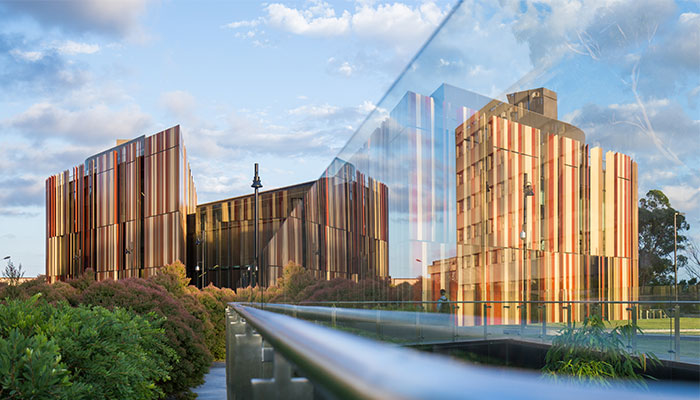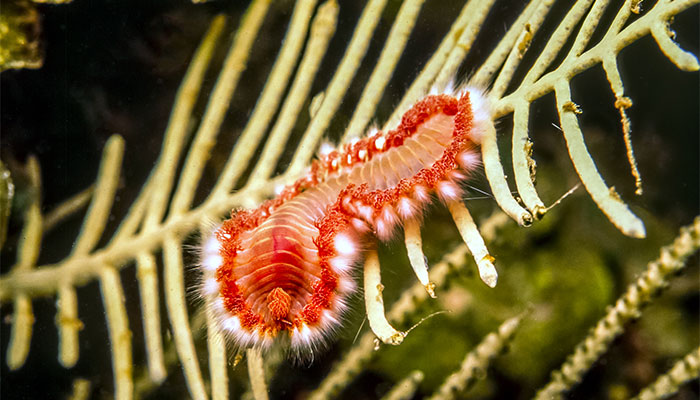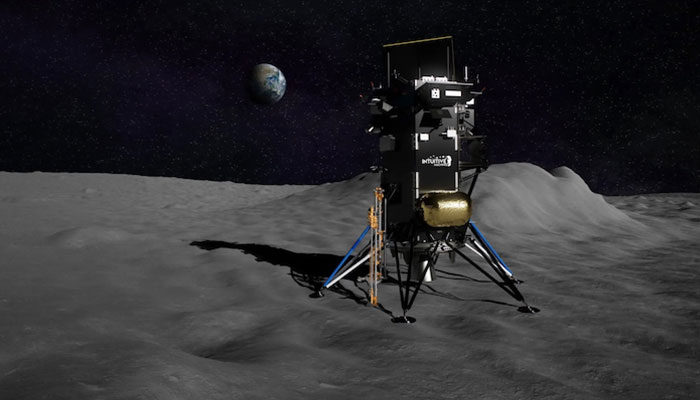The Future Fellowships scheme supports mid-career researchers to undertake high-quality research in areas of national and international benefit. Of 505 applicants nationally, 100 projects were funded for a total of $97.6 million over four years.
Macquarie University achieved one of the highest success rates in the country, with 42.9 per cent of its applicants awarded funding. Together, the University’s successful projects have a broad focus, with topics including telescope technology, Indigenous-led biocultural conservation and distraction recovery.
Deputy Vice-Chancellor (Research) Professor Sakkie Pretorius says the future looks bright with such projects underway.
“Today’s announcement is fantastic news for the six fellowship recipients and for the wider University community,” he says. “What a fitting testament to the dedication and hard work of these researchers, and their commitment to tackling global challenges.
“We look forward to seeing the impact these researchers will have on the world.”
The successful Macquarie University projects are:
Designing a spectrometer to search for life on extrasolar planets
Chief Investigator: Dr Christian Schwab, School of Mathematical and Physical Sciences, Macquarie University Astrophysics and Space Technologies Research Centre
Finding indicators of life on extrasolar planets is one of the greatest science questions of our time. This project will develop the instruments and technologies required to enable spectroscopy with massively multiplexed telescopes. A spectrometer design with large spectral bandwidth and high resolution, optimised for a facility consisting of thousands of small telescopes, and novel optical fibres to link them, will open the door for breakthrough science requiring an entirely new class of telescope.
Funding awarded: $978,631
Back to our roots: Re-activating Indigenous biocultural conservation
Chief Investigator: Dr Emilie-Jane Ens, School of Natural Sciences
This project addresses the global demand for documented evidence of Indigenous-led biocultural conservation of declining species and cultures. Through a unique cross-cultural collaboration with Dharug and Yolngu women, this project will generate new methods and monitoring tools for restoring the biological and cultural values of native edible root species in urban and remote Australia. The environmental, social, cultural and economic outcomes will be amplified through regional education packages and online knowledge sharing platforms. At both a local and global level, this multiscale, multicultural and multidisciplinary approach will inform policy and action against biocultural diversity loss and contribute to the decolonisation of conservation.
Funding awarded: $977,296
Untangling environmental effects on bee health in the face of Varroa
Chief Investigator: Dr Rachael Dudaniec, School of Natural Sciences
This project aims to assess bee health, disease and evolution in European honey bees and bumble bees. Factors determining bee health will be identified across Australia, New Zealand and the United Kingdom, which differ in Varroa impact and bee introduction histories. The project outcomes will boost Australia’s capacity to manage threats to pollination services at landscape scales.
Funding awarded: $952,198
How to feel safe at the end of the world
Chief Investigator: Associate Professor Katie Barclay, Department of History and Archaeology
This project aims to provide the first history of how early modern families created conditions to feel safe in times of crisis, revealing how ideas of safety, security and hope were conceived and put into practice. Expected outcomes highlight the role of families as agents of historical change and help parents, teachers, children and youth manage anxiety, build hope and improve opportunities. This historical perspective on a contemporary problem has the benefit of supporting families struggling with today’s changing world.
Funding awarded: $1,128,292
Dealing with distraction: Understanding recovery after interruption
Chief Investigator: Professor Anina Rich, School of Psychological Sciences, Macquarie University Performance and Expertise Research Centre
Interruptions impair cognitive performance, but modern environments have normalised distractions in our workplaces, homes, schools and cars. Daily tragedies occur because people are unaware of their attentional capacity limits. This fellowship explores the consequences of interruption in moving displays using cutting-edge methods to determine how the brain holds information over an interruption and the process of attentional recovery. The outcomes will advance knowledge of the mechanisms of recovery from interruption, raise awareness of capacity limits beyond academia, and guide policy to improve safety.
Funding awarded: $1,124,583
Rescuing Pharaoh’s Gold Mines: Archaeological conservation in Eastern Sudan
Chief Investigator: Dr Julien Cooper, Department of History and Archaeology
This project builds on pioneering pilot surveys to document the unexplored archaeology of the remote Atbai Desert of Eastern Sudan, a region whose unique heritage is being destroyed by unregulated mining. Uncovering the history of ancient miners and Indigenous nomads with new scientific techniques, the project will transform our narratives of the ancient Nile Basin, inform Sudanese heritage policy, empower local stakeholders, and propel Australia as a leader in world-heritage conservation and rescue documentation.
Funding awarded: $879,628
For more information on the 2023 ARC Future Fellowships scheme, click here.



